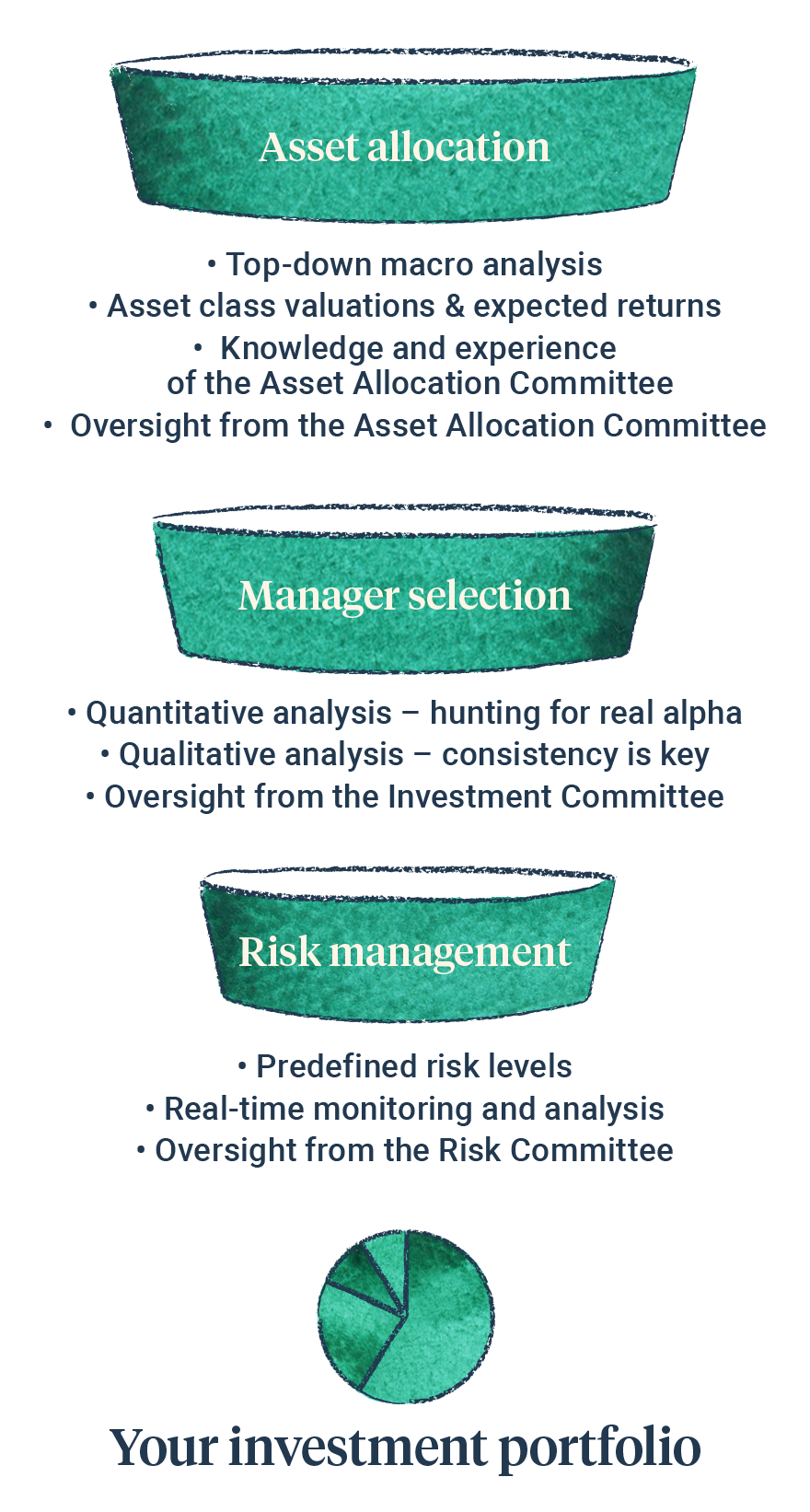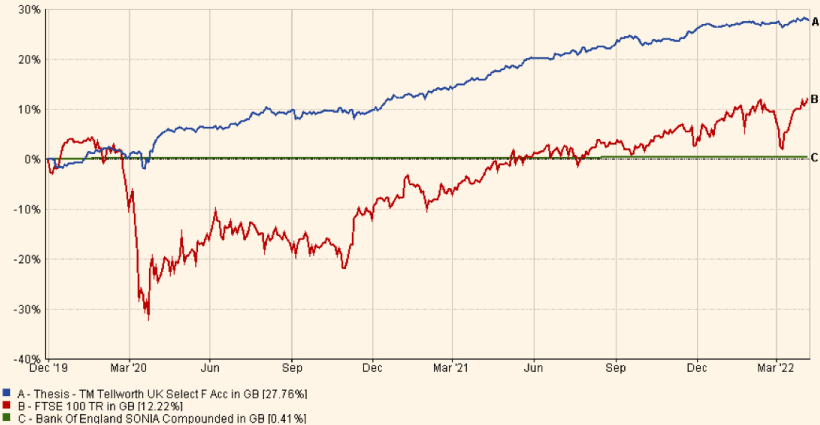Growth (economic)
Before the Ukraine crisis escalated, estimates of economic growth were already declining, while inflation estimates were already rising. War, another supply shock (on top of the covid supply shock), has worsened these existing trends. However, since economic growth was above trend prior to the recent shock, it’s less likely to cause a recession in developed markets.
Interest rate & liquidity environment
In the West, monetary policy remains accommodative for now, but central banks are reducing their support, particularly in the US where the Federal Reserve has signalled aggressive increases in interest rates to combat inflation and the economy is in good health. Monetary policy is easing and remains accommodative in China and Japan. In general, liquidity has tightened due to a reduction in asset purchases from central banks, as well as reduced risk appetite from investors.
Valuations & earnings outlook
Some markets appeared oversold in February but after a bounce, it’s harder to find good value in equity markets. Earnings are still strong, especially in the US.
Sentiment / flows
Sentiment is poor and has fallen sharply. Stocks have outperformed bonds by 14% during the last 20 trading days indicating investors have been rotating into stocks and away from bonds.








